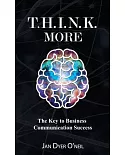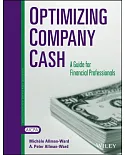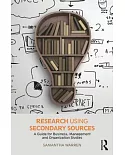Every year in this country, some 10,000 college and university courses are taught in applied ethics. And many professional organizations now have their own codes of ethics. Yet social science
has had little impact upon applied ethics. This book promises to change that trend by illustrating how social science can make a contribution to applied ethics.
The text reports psychological studies relevant to applied ethics for many professionals, including accountants, college students and teachers, counselors, dentists, doctors, journalists,
nurses, school teachers, athletes, and veterinarians. Each chapter begins with the research base of the cognitive-developmental approach--especially linked to Kohlberg and Rest’s Defining
Issues Test. Finally, the book summarizes recent research on the following issues:
* moral judgment scores within and between professions,
* pre- and post-test evaluations of ethics education programs,
* moral judgment and moral behavior,
* models of professional ethics education, and
* models for developing new assessment tools.
Researchers in different professional fields investigate different questions, develop different research strategies, and report different findings. Typically researchers of one professional
field are not aware of research in other fields. An important aim of the present book is to bring this diverse research together so that cross-fertilization can occur and ideas from one field
can transfer to another.





















